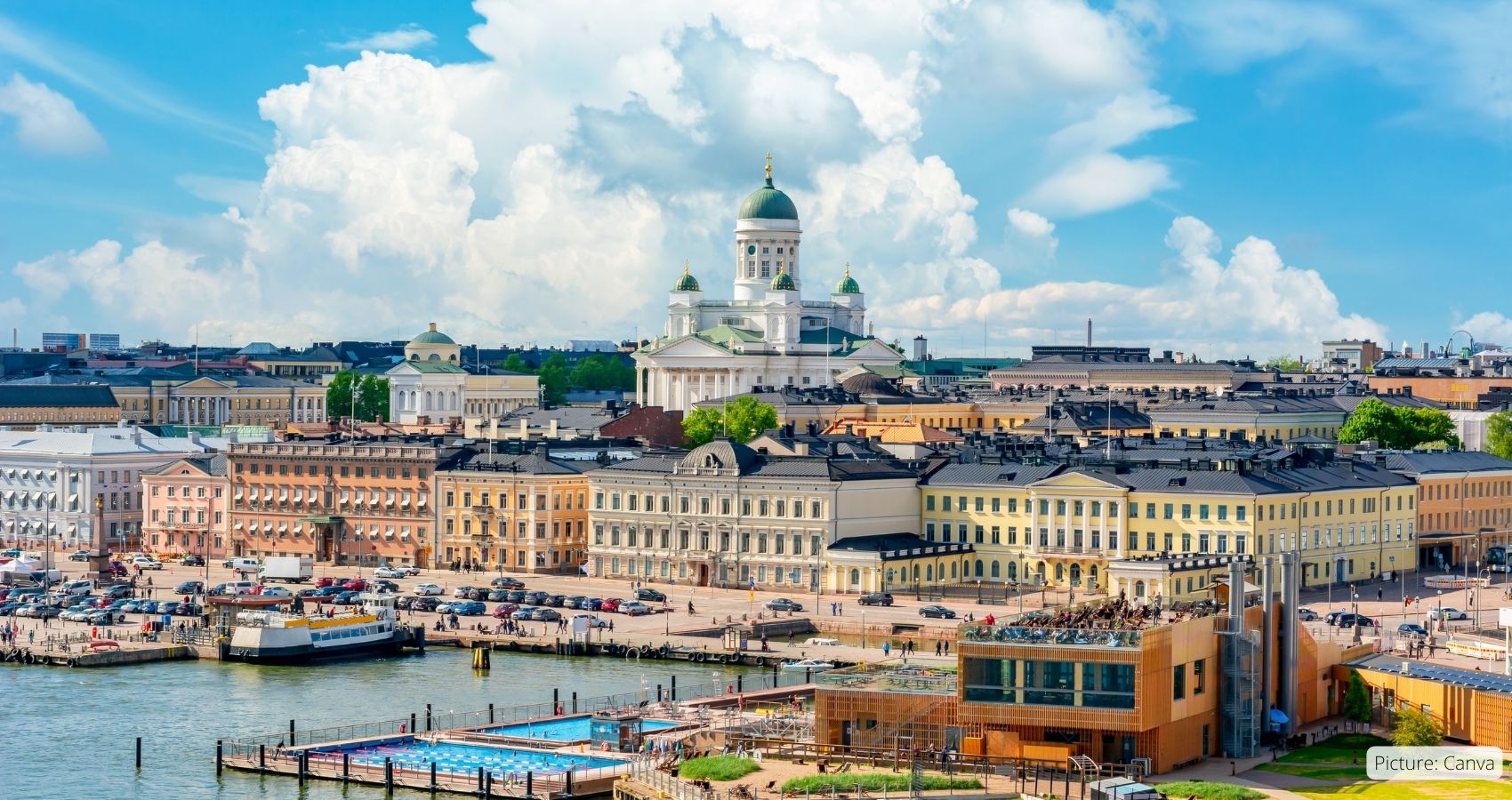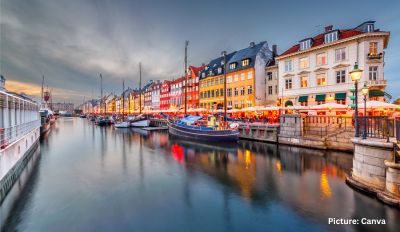Finland has once again secured the top position on the annual ranking of the happiest countries globally, marking its seventh consecutive year in this esteemed spot. The ranking, curated by the World Happiness Report, is determined by factors such as self-assessed life evaluations and responses to the Cantril ladder question, which prompts individuals to rate their current lives on a scale from 0 to 10, with 10 representing the best possible life for them.
The report, compiled by the Wellbeing Research Centre at the University of Oxford, assesses over 130 countries, taking into account variables such as GDP per capita, social support, healthy life expectancy, freedom, generosity, and freedom from corruption. While the top ten countries have remained relatively stable, the top 20 witnessed some changes, with Costa Rica and Kuwait ascending to the 12th and 13th positions, respectively, while the United States and Germany dropped out of the top 20 entirely, with the U.S. sliding from 15th to 23rd place this year.
Among the top ten happiest nations, only the Netherlands and Australia boast populations exceeding 15 million, while in the top 20, only Canada and the U.K. surpass 30 million inhabitants.
Finnland maintains its lead as the happiest country globally, scoring 7.741. Frank Martela, a Finnish philosopher and psychology researcher, attributes the nation’s happiness to its strong sense of community, altruistic behaviors, and individuals finding a clear purpose for themselves. Martela suggests that it might be more precise to say that Finland harbors the fewest unhappy individuals worldwide.
Finnland’s excellence extends beyond happiness rankings, as evidenced by its performance in education, work-life balance, environmental quality, social connections, safety, and life satisfaction, according to the Organization for Economic Cooperation and Development (OECD) Better Life Index. The country also boasts a life expectancy at birth of approximately 82 years, with women outliving men by an average of six years. Moreover, 96% of Finns believe they have someone reliable to lean on in times of need, as per the OECD Better Life Index.
Denmark secures the second spot on the happiness index with a score of 7.583. The nation’s high ranking is attributed, in part, to its commitment to equality and social welfare responsibilities, according to its official website. These factors are closely associated with happiness, according to the World Happiness Report.
Despite Denmark’s reputation for imposing some of the world’s highest taxes, which can reach up to half of an individual’s income, the benefits counterbalance the costs. The country offers free healthcare, subsidized childcare, tuition-free education for university students along with grants to cover expenses, and pensions for the elderly coupled with caregiver support.
According to the OECD Better Life Index, Denmark surpasses the global average in various domains including employment, education, healthcare, environmental quality, social connections, civic engagement, and life satisfaction. Additionally, Denmark holds membership in prominent international organizations such as the OECD and NATO.











